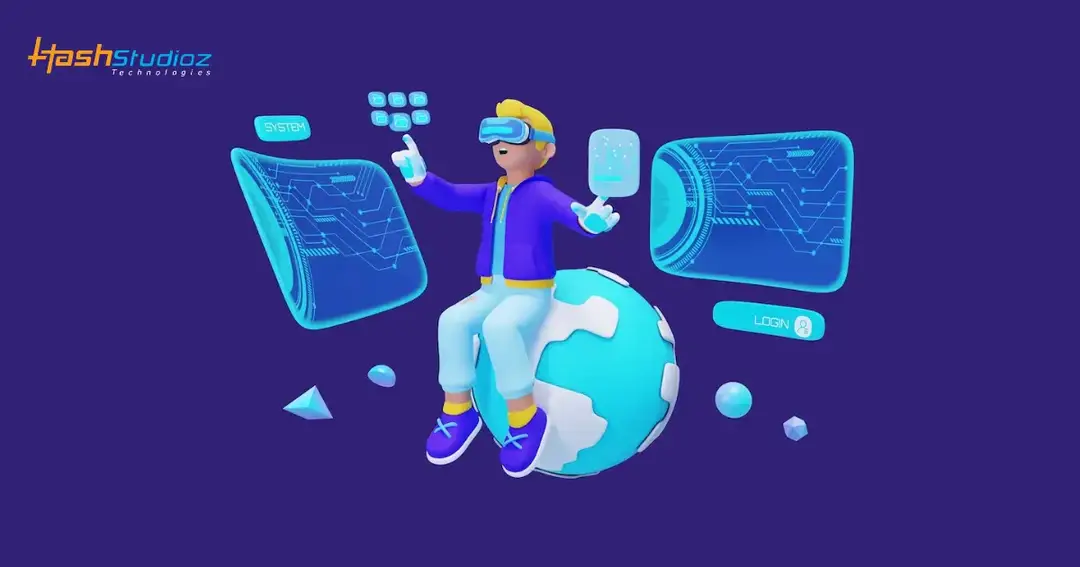Back
Algorithm
Basics
By HackQuest
Jul 9,20243 min readWelcome to the Web3 world, where digital finance and applications are shown in a revolutionary way through the fusion of blockchain technology, cryptocurrencies, and a pioneering spirit. Are you overwhelmed by the wealth of terms in the Web3 world that you don’t understand? Are those slangs barriers for you to learn about Web3? Don’t worry! We’re here to explain the obscure terms to guide your learning. Today, we're diving into an exciting development in the world of Web3: [Algorithm].
Definition and Overview
In the context of Web3, an algorithm is a set of rules or procedures designed to perform specific tasks within decentralized applications (dApps) and blockchain networks. Algorithms are fundamental to the operation of blockchain technology, underpinning everything from consensus mechanisms and transaction verification to smart contract execution and cryptographic security. They ensure that blockchain networks function reliably, securely, and efficiently.

Source: HashStudioZ
Technical Composition
Algorithms in Web3 are implemented through code that dictates the behavior of nodes, smart contracts, and other components of the blockchain ecosystem. These algorithms are crafted using various programming languages, depending on the blockchain platform (e.g., Solidity for Ethereum). Key types of algorithms include consensus algorithms, cryptographic algorithms, and smart contract algorithms.
Key Types of Algorithms
1.Consensus Algorithms: These algorithms enable blockchain nodes to agree on the state of the ledger. Examples include Proof of Work (PoW), Proof of Stake (PoS), and Delegated Proof of Stake (DPoS).
2.Cryptographic Algorithms: Ensure the security and integrity of data on the blockchain. Common examples are hashing algorithms like SHA-256 and elliptic curve cryptography (ECC) used in digital signatures.
3.Smart Contract Algorithms: Define the logic and rules within smart contracts, enabling automated and trustless execution of agreements between parties.
Core Functions
1.Transaction Validation: Algorithms are used to validate transactions, ensuring they are legitimate and meet the network’s rules before being added to the blockchain.
2.Security: Cryptographic algorithms protect data integrity, secure communications, and safeguard digital assets against unauthorized access.
3.Automation: Smart contract algorithms automate processes, executing predefined actions when certain conditions are met, thereby reducing the need for intermediaries.
Examples of Algorithms
●SHA-256: A cryptographic hashing algorithm used by Bitcoin for securing transactions and mining.
●Ethash: The PoW algorithm used by Ethereum for consensus before transitioning to PoS.
●Solidity Functions: Smart contract algorithms written in Solidity, defining how dApps on the Ethereum blockchain behave and interact.
Importance in Web3 Ecosystem
Algorithms are the backbone of the Web3 ecosystem, ensuring that decentralized networks operate securely, efficiently, and without central control. They enable trustless interactions, allowing participants to engage with blockchain applications and services confidently. By automating processes and securing data, algorithms help realize the core principles of decentralization, transparency, and immutability that define Web3.
User Experience and Innovations
While algorithms are critical to Web3’s functionality, they can also introduce complexity. Innovations in algorithm design aim to enhance scalability, security, and user-friendliness. For instance, layer 2 solutions like rollups use advanced algorithms to improve transaction throughput without compromising security. Additionally, improvements in cryptographic techniques continue to bolster the security and privacy of blockchain networks.

Source: Play To Earn Games
Challenges
Despite their essential role, algorithms in Web3 face several challenges:
●Scalability: Designing algorithms that can handle a high volume of transactions efficiently.
●Security: Ensuring algorithms are robust against attacks and vulnerabilities.
●Complexity: Making complex algorithms accessible and understandable to developers and users.
Conclusion
Algorithms are fundamental to the operation and success of the Web3 ecosystem. They enable decentralized networks to function securely and efficiently, underpinning everything from transaction validation to smart contract execution. As Web3 continues to evolve, the development and refinement of algorithms will be crucial in overcoming challenges and driving innovation. Understanding the role of algorithms is essential for anyone looking to navigate and contribute to the decentralized digital economy. Algorithms are not just technical components; they are the engines powering the revolutionary potential of Web3.